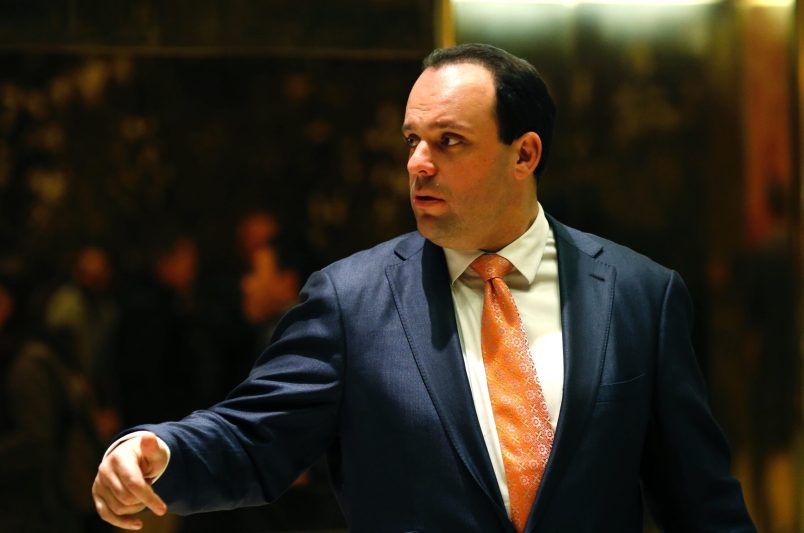Part of Howard Dean’s political draw today seems to be the fact that he didn’t allow himself to be fooled by arguments about Iraq’s WMD. Thus this line Thursday at a speech to the Greater Nashua Chamber of Commerce in New Hampshire …
The most important piece of foreign policy is judgment. The other four fellas who supported the (Iraq war) resolution all now say they were misled by the White House. If you were misled by the president and you were in Washington, what kind of experience is that if I could have figured it out in Vermont.
But what about what Dean said on Face The Nation a couple weeks before the war resolution vote, when asked what the president would have to do to prove that there was an immediate threat justifying war …
I don’t think he really has to prove anything. I think that most Americans, including myself, will take the president’s word for it. But the president has never said that Saddam has the capability of striking the United States with atomic or biological weapons any time in the immediate future.
More important, what about this whole issue of conditional or contingent support for war?
A number of Dean’s opponents in the Democratic primaries said at the time — and still do now — that they weren’t opposed to war under all circumstances. Their position was that if it were going to be done it had to be done in a multilateral fashion, with allies, and so forth — you know the drill. Dean is now getting credit on the campaign trail for avoiding that kind of shilly-shallying and just arguing that the war was a bad idea in any case.
On his website, for instance, Dean says: “I opposed President Bushâs war in Iraq from the beginning. While Saddam Husseinâs regime was clearly evil and needed to be disarmed, it did not present an immediate threat to U.S. security that would justify going to war, particularly going to war alone.”
But on this point Dean’s position has evolved too. In that same Face the Nation interview, when asked whether there were conditions under which he might favor war, Dean said …
My question is not that we may not have to go into Iraq. We may very well have to go into Iraq. What is the rush? Why can’t we take the time to get our allies on board? Why do we have to do everything in a unilateral way?
…
My problem is not whether we’re going to end up in Iraq or not. Saddam Hussein appears to be doing everything he can to make sure we do go into Iraq. My problem is, it is important to bring in our allies.
Now, my point is not to say that Dean was some sort of war-hawk. Clearly, he was no friend of the president’s policy. But then neither was John Kerry, and certainly not Wes Clark. So let’s drop this idea that support for war under some circumstances and not others is some sort of waffling or dodge. Because if it is, then Dean isn’t in the clear either.






